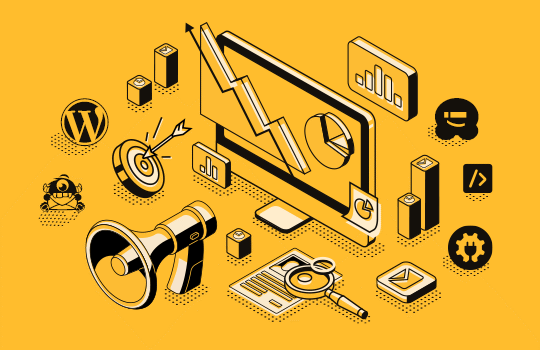
Web scraping indicates to the extraction of data from a website. This data is gathered and afterward exported into a format that is more helpful for the website users. Be it excel/Google spreadsheet or an API.
In spite of the fact that web scraping should be possible manually, generally speaking, automated tools are recommended while scraping web data as they can be less expensive and work at a quicker rate.
However, in most cases, web scraping & extraction is certainly not a simple task. Websites come in many shapes and structures, therefore, web scrapers vary in features and functionality.
How do Web Scrapers Work?
So the basic question is, how in all actuality do web scrapers work? Automated web scrapers work in a somewhat basic yet in addition complex way. All things considered, websites are worked for humans to understand, not robots.
To start with, the web scraper will be given at least one URLs to stack prior to scraping. The scraper then, stacks the whole HTML code for the page being referred to. Further advanced scrapers will deliver the whole website, including CSS and JS elements.
Then the scraper will either remove every one of the data on the page or specific data chose by the user before the project is run.
Preferably, the client will go through the most common way of choosing the particular data they need from the page. For instance, you should scrape an Amazon item page for prices and models however are not really interested getting the product reviews.
Ultimately, the web scraper will output every one of the data that has been gathered into a format that is more valuable to the user.
Most web scrapers will output data to a CSV or Excel spreadsheet, while further developed scrapers will allow different configurations, for example, JSON which can be utilized for an API.
Web scraping can be utilized for many business functions, particularly for sales, advertising, market research and marketing. Web scraping is a technique for Data Harvesting, as such, pulling important data from sites, search engines, directories, and social platform.
Web scraping for a small company can save you a lot of time, as opposed to manually duplicating essential data. The money and time you saved, can be spent on different sectors of your business.
How to Involve Web Scraper Data for Your Small Company?
The main reason to use a web scraper for your business would be sales and marketing. You can make a major targeted list of partners, prospects, or clients to engage with. Your business depends on clients to drive sales, and web scraping is an ideal method for guaranteeing your outreach group engage with the most relevant contacts.
Web scrapers, like Netnut, permit you to gather various data points and segments which can assist your sales team during outreach and pitching. The more data you have saved, the more natural the sales funnel would be.
From a promoting point of view, web scraping for your business could be incorporated with a CRM, to engage with every prospects. If your small company utilizes paid promotions, you can also utilize your web scraped information to guarantee the advertisements arrive at targeted users through retargeting.
Also, to keep up with your small business’ security and privacy, you can use a proxy network to prevent blocking. Netnut uses a vast amount of proxy networks that guarantee your web scraping moves along as planned with no limitations websites might have.







